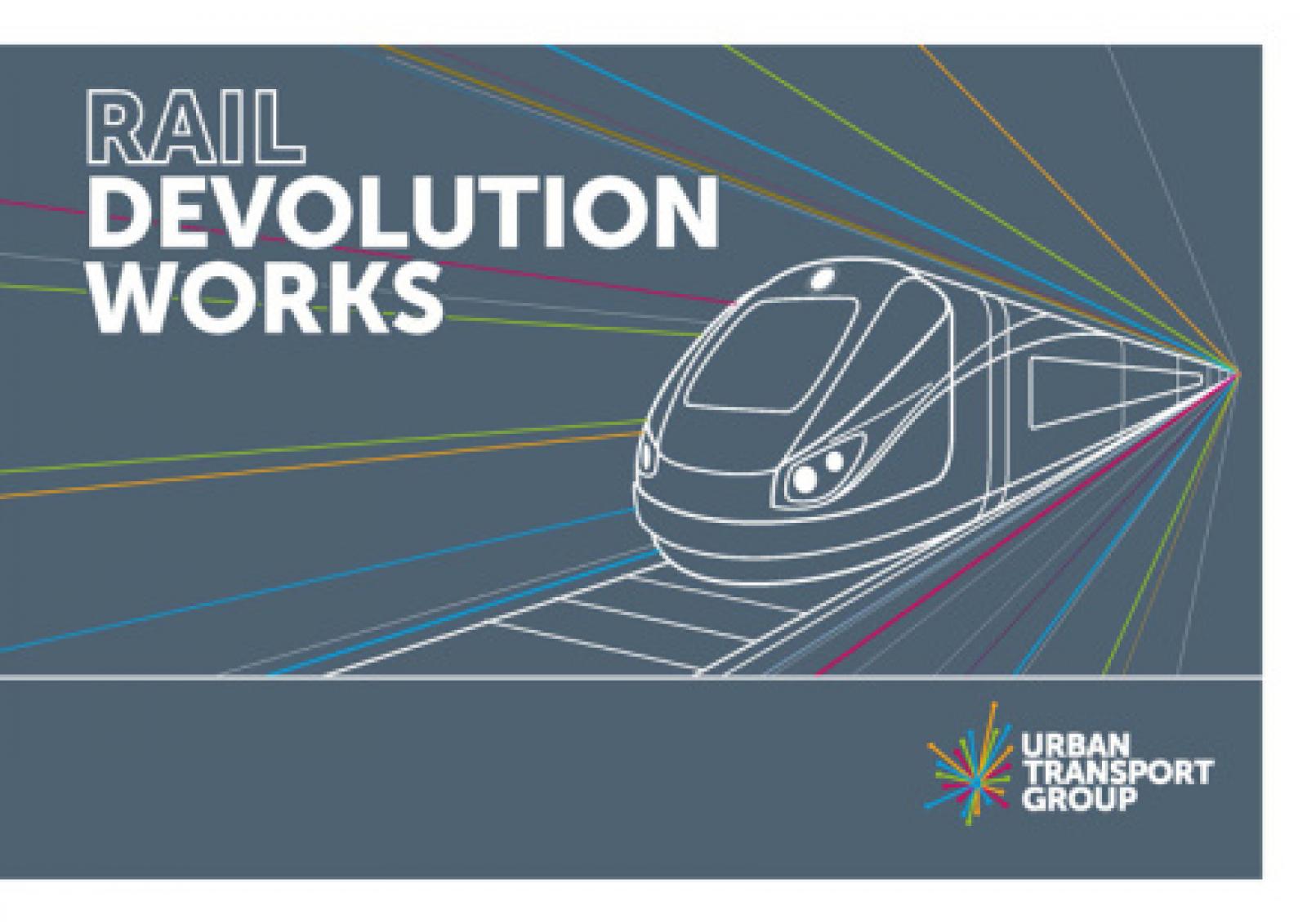Rail Devolution Works – here’s the proof

Satisfied passengers, stronger communities, improved economic prosperity and increased accountability – this is what rail devolution has brought to those areas given the freedom and flexibility to run train services outside Whitehall control.
Our new report – Rail Devolution Works – does exactly what it says on the tin. This comprehensive review of the improvements achieved by local control of rail services provides a compelling evidence base for the benefits of rail devolution and supports the case the Urban Transport Group has been consistently making for extending the benefits of devolution to more areas.
Rail devolution works because local decision makers can see the key importance of better local rail services in achieving wider economic, social and environmental goals. Local decision makers are also closer and more accountable to local rail users and communities. They can see opportunities on funding sources and development opportunities that Whitehall can’t – and the imperative to address any problems with local rail services is far more acute as local passengers are also local voters.
The report also shows the immediate positive impacts of rail devolution. Transport for London took over parts of London’s heavy rail network, and in the first year alone there were 12.5% fewer delayed trains and satisfaction levels increased significantly. After four years, the previously worst performing of all south east train services was top of the league, with passenger satisfaction levels at 92%. Similar increases were also seen in Merseyrail: the previously derided ‘Miseryrail’ is now the country’s top rated franchise or concession, with satisfaction levels consistently above 90% every year since 2008.
Devolution has also seen more innovative approaches to ticketing and pricing. Under the devolved ScotRail, off-peak fare rises have been kept below the rate of inflation, helping to shift travellers from cars to trains; 16-18 year olds are now offered discounts of up to 50% to provide fairer and wider access to education and employment. Similar devolved flexibility led to the Tyne & Wear Metro to abolish peak fares because the large number of the region’s workers on either zero hours or shift contracts could not benefit from season ticket offers.
In all cases, devolution has delivered significant benefits for passengers and communities. Local decision makers have seized the opportunity to improve services which they know are vital to their wider economic, social and environmental priorities.’ By being closer to their local rail operator and local passengers than Whitehall or central government ever could be, they have not only raised the bar on performance but also have been accountable for any shortcomings. That is why the Urban Transport Group, and our colleagues in Scotland and Wales, will continue to make a strong case for further extending the benefits of devolution so that we can deliver rail services that improve the lives, economies and communities of their local areas.
The report is available to everyone, and we hope it drives forward the debate – we certainly will be leading the charge for increased devolution for our members and the country as a whole.

